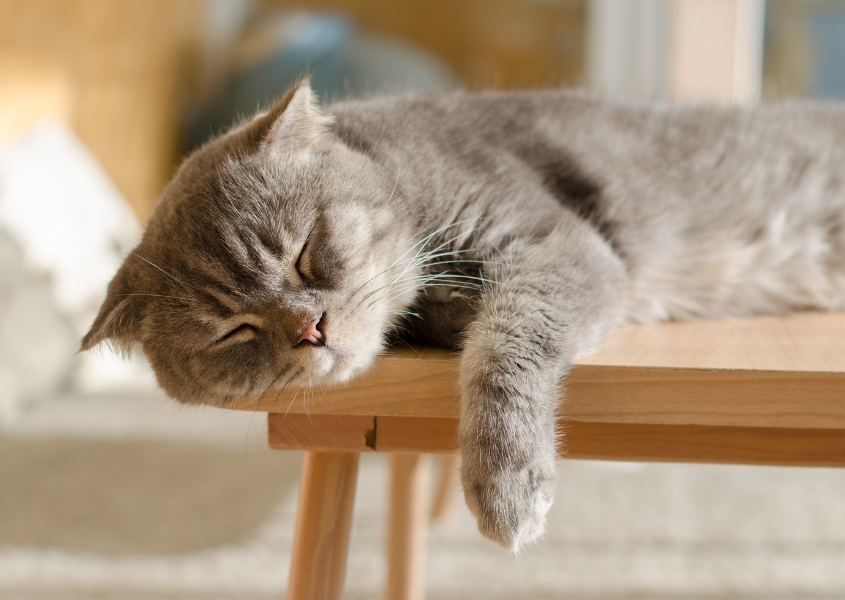


Having a beloved feline companion diagnosed with hyperthyroidism can be a challenging experience for any cat owner. When to put a cat to sleep with hyperthyroidism? Making the decision on when to consider euthanasia is a heart-wrenching and deeply personal choice.
In this article, we will explore the various aspects that can help you determine when it might be time to consider putting a cat to sleep with hyperthyroidism. We will also address common concerns such as your cat’s pain level, life expectancy, and the end-stage symptoms of this condition.

One of the first questions that may come to mind when dealing with a hyperthyroid cat is whether they are experiencing pain. While hyperthyroidism itself may not cause pain, the effects of the condition can lead to discomfort and other health issues. It’s essential to monitor your cat closely for signs of distress or pain.
If you observe any of these symptoms, it’s crucial to consult with your veterinarian to discuss potential treatment options and pain management strategies. Remember, understanding your cat’s pain levels can play a significant role in making the right decision for their well-being.
Deciding when to put a cat with hyperthyroidism to sleep is a deeply personal choice, and there is no one-size-fits-all answer. Each cat is unique, and their response to treatment and quality of life must be taken into consideration. While some cats can respond well to medication and lead a comfortable life for years, others may struggle to find relief despite various treatment attempts.
Remember, discussing your concerns and observations with your veterinarian is essential. They can provide guidance and help you understand your options better.
The lifespan of a senior cat with hyperthyroidism can vary significantly depending on several factors. Properly managed, some cats can live for several years with the condition. However, others may experience a shorter life expectancy due to complications or coexisting health issues.
It’s important to remember that age is just one factor, and each cat’s journey is unique.
As hyperthyroidism progresses, cats may exhibit end-stage symptoms that can be distressing to witness. Recognizing these signs can help you prepare and make informed decisions about your cat’s care.
When these end-stage symptoms become pronounced, it’s essential to have a candid discussion with your veterinarian about your cat’s quality of life. If they are experiencing pain or distress with little hope of improvement, it may be time to consider euthanasia as a humane option to prevent further suffering.
Caring for a cat with hyperthyroidism requires careful observation, compassion, and open communication with your veterinarian. Deciding when to put a cat to sleep with hyperthyroidism is a deeply personal choice, and there is no right or wrong answer. By paying close attention to your cat’s well-being, discussing their treatment options, and acknowledging their pain levels, you can make an informed decision that prioritizes their comfort and quality of life.
Remember, every cat is special, and your love and care play a vital role in their journey through this condition. Cherish the time you have together and seek support from your veterinarian and fellow cat owners during this challenging time.